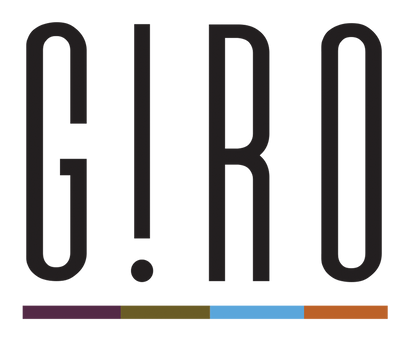Raro Boda - Filter - Ethiopia - 250g
£13.00
RARO BODA
A fragrant coffee with citrus and floral tones. Juicy lychee, preserved lemon, ripe nectarine and rose jam make for a refreshing cup.
We’re excited to welcome back a vibrant washed coffee sourced from the Raro Boda wet mill in Ethiopia’s Guji Zone.
The Farmers
Around 257 farmers deliver their coffee cherries to the Raro Boda washing station, located in Guji Zone’s Uraga woreda. Amidst natural forest and vegetation, they are working completely organically, tending to a range of cultivars, some of which are improved landrace selections such as Wolisho, Dega & Kurume. There are also pockets of JARC (Jimma Agricultural Research Center) identified and released varieties, dubbed 74110 and 74112 after having been initially catalogued in 1974, which are being promoted due to their resistance to coffee berry disease. Each farmer tends to around 2,000 coffee trees.
The Washing Station & Their Approach
Named after the kebele (small town), Raro Boda washing station has been recently refurbished and fitted out with a Penagos eco-pulper and white tiled fermentation tanks. These innovations and investments allow greater control over the processing of the fruit delivered by smallholders in the kebele. They process the coffee by depulping and fermenting under water for 48 hours before the parchment coffee is graded, initially in washing channels and then by hand during the time it spends drying in the sun on raised beds. To ensure uniform drying the layers are spread around 2cm deep and spend 10 days or so before they are consolidated, and samples are sent to the cupping lab.
Raro Boda wet mill’s QC manager, Medhin Tamiru, is an experienced cupper with over a decade of experience in the industry, and who is a judge for the Ethiopian Cup of Excellence competition. He will continue to oversee operations ensuring the coffee produced at Raro Boda is squeaky clean and of the highest quality.
The Exporter
Snap Coffee was established in 2008 by Negusse Debela Weldyes and the group are responsible for the running and operation of several coffee washing stations which feature in our coffee range each year. Snap oversee the processing facilities but also take on the task of dispensing agricultural knowledge to their contributing farmers. Steps such as tiling fermentation tanks to enable better cleaning, as well as implementing strict drying protocols, have gone long ways to improving the clarity, cleanliness and longevity of the coffees’ characteristics. They are committed to recycling waste by-products from coffee processing at each of their stations where they have also built schools and provided them with computing equipment from the other arm of their business which is in electronics. They have improved the roads to streamline access to the washing stations and have built health clinics to provide access to better healthcare for their contributing farmers as well. Lots from the most recent harvest have been dry milled at Snap’s own processing and warehousing facility. This has afforded the group even more control over the final exportable product that we get to work with, leading to improved consistency and uniformity.
We spent several days cupping through lots at Snap Plaza in Addis Ababa in February, and were able to connect with Negusse and his son Amanuel who has taken on an operational role at Snap Coffee. Later in the year Amanuel came to visit us in our roastery and we were able to show him all of processes we undertake to ensure we handle Snap’s and other producers’, coffees with respect and care.
© 2025 G!RO .

